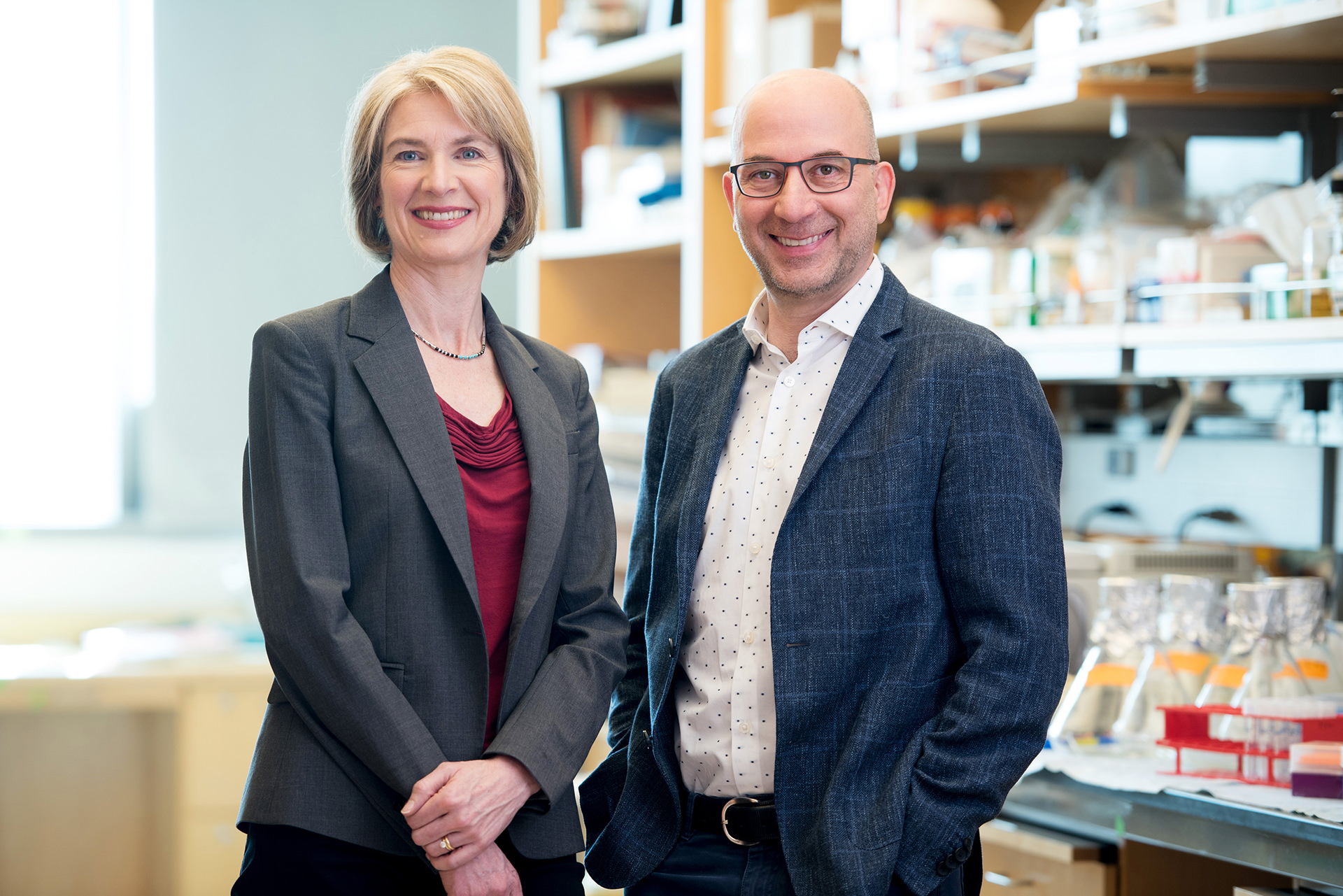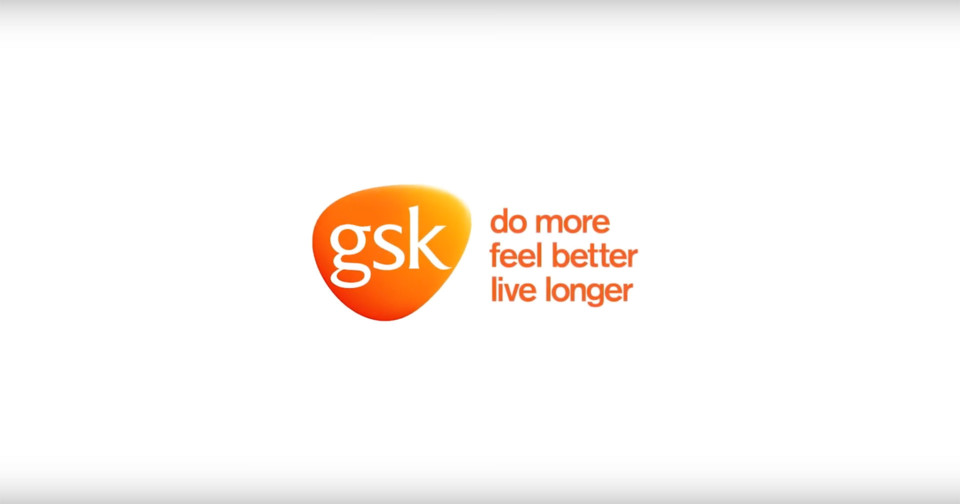GSK
GSK joins forces with the University of California to advance genomic research and improve drug discovery.
Challenge
How do you communicate the motivation for a novel hybrid model that brings together industrial and academic researchers using CRISPR to deepen our understanding of genetics, discover new targets, and create next generation technologies that will become future standard practice for the pharmaceutical industry?
Approach
We partnered with the leadership and communications teams at UC San Francisco, UC Berkeley, and GlaxoSmithKline to explain the motivation and timeliness of a five-year collaboration to establish a state-of-the-art laboratory for CRISPR technologies, the Laboratory for Genomics Research (LGR).
The new laboratory will explore how gene mutations cause disease and develop new technologies using CRISPR to rapidly accelerate the discovery of new medicines.
“Over the last seven years, CRISPR has transformed academic research, but until the LGR, we haven’t had a focused effort to catalyze the kind of research we know will lead to new innovation using this CRISPR tool. LGR is about building that space where creative science is partnered with the development of robust technology that will help develop tomorrow’s drugs. I think we’re going to be able to do science that none of us can even imagine today”
Dr. Jennifer Doudna, co-inventor of CRISPR technology at UC Berkeley
Impact
Through targeted coverage in tier 1 science media such as Endpoints News, Fiercebiotech, GEN, Science, and STAT News, awareness increased of the LGR’s unique mission.
An in-person event with STAT News and an educational video featuring CRISPR co-inventor Dr. Jennifer Doudna at UC Berkeley, UCSF’s Dr. Jonathan Weissman, a pioneer of CRISPR screening technology, and Dr. Hal Barron, Chief Scientific Officer and President, R&D, GSK., supported outreach efforts.
The combination of proactive media relations and the relaxed, open-dialogue event helped stakeholders to deepen their understanding of why and how the LGR aims to automate and scale CRISPR approaches.

The LGR will receive up to $67 million in funding over a five-year period which will include facilities for 24 full-time university employees funded by GSK, plus up to 14 full-time GSK employees.
With a focus on immunology, oncology and neuroscience, the laboratory will be based near the UCSF Mission Bay campus in San Francisco. GSK’s artificial intelligence and machine learning group will also be involved in building the necessary computational pipelines to analyze all the data.


